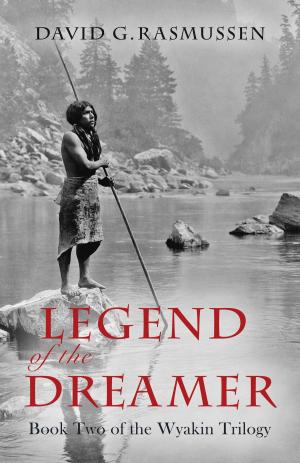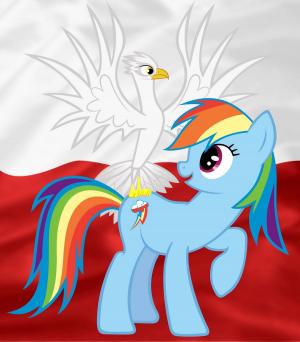As Glaciers Move
Selected Poems and Prose Presenting a Progression of Perceptions
Fiction & Literature, Poetry, American| Author: | Joseph Whitson | ISBN: | 9781543909982 |
| Publisher: | BookBaby | Publication: | July 31, 2017 |
| Imprint: | BookBaby | Language: | English |
| Author: | Joseph Whitson |
| ISBN: | 9781543909982 |
| Publisher: | BookBaby |
| Publication: | July 31, 2017 |
| Imprint: | BookBaby |
| Language: | English |
As Glaciers Move, through poetry and prose, explores how a person's life experiences and observations may affect his or her perceptions of the world. This exploration (with one of the first poems written by the author) begins in 1975 and proceeds through five decades, including topics such as birth, childhood, personal growth, war, nature, depression, religion, marriage, anger and pain. How the author perceives the world at each stage in his life is not only expressed in the poems and prose but also by the subtle or not so subtle change in topics (experiences and observations). The author presents this book in its entirety as a metaphor: as glaciers shape majestic mountain peaks and wondrous valleys, forces—influential persons, significant junctures and life-altering events—that we encounter in our lives shape the way we act and think, affecting the way we “see” people, events and society. As Glaciers Move could be the author’s memoir, although unorthodox and metaphorical: the poems and prose are in chronological order from 1975 to 2017, and the book’s premise is the “progression of perceptions.” However, since most of the poems have several layers of meaning (that is, more than one interpretation), they may speak to the reader of his or her own life experiences. This book is laid out in three parts and does not necessarily show that the author matures (or becomes wiser) as he goes through life; instead, it presents how his perceptions of the world change as experiences and observations accumulate. In "Part One," the poems and prose are from the mid-70s to the late-80s as the author goes from being a teenager (just then noticing his surroundings and political and societal events) to a being a young adult (struggling or dealing with “adult” responsibilities). In “Part Two,” the author’s focus shifts to introspection, reminiscence and metaphysics. With “Part Three,” the topics shift again (to pain, anger and especially acceptance, for example) as he enters the fifth decade of his life facing one illness after another with courage and a determination to ignore or overcome them and just enjoy life!
As Glaciers Move, through poetry and prose, explores how a person's life experiences and observations may affect his or her perceptions of the world. This exploration (with one of the first poems written by the author) begins in 1975 and proceeds through five decades, including topics such as birth, childhood, personal growth, war, nature, depression, religion, marriage, anger and pain. How the author perceives the world at each stage in his life is not only expressed in the poems and prose but also by the subtle or not so subtle change in topics (experiences and observations). The author presents this book in its entirety as a metaphor: as glaciers shape majestic mountain peaks and wondrous valleys, forces—influential persons, significant junctures and life-altering events—that we encounter in our lives shape the way we act and think, affecting the way we “see” people, events and society. As Glaciers Move could be the author’s memoir, although unorthodox and metaphorical: the poems and prose are in chronological order from 1975 to 2017, and the book’s premise is the “progression of perceptions.” However, since most of the poems have several layers of meaning (that is, more than one interpretation), they may speak to the reader of his or her own life experiences. This book is laid out in three parts and does not necessarily show that the author matures (or becomes wiser) as he goes through life; instead, it presents how his perceptions of the world change as experiences and observations accumulate. In "Part One," the poems and prose are from the mid-70s to the late-80s as the author goes from being a teenager (just then noticing his surroundings and political and societal events) to a being a young adult (struggling or dealing with “adult” responsibilities). In “Part Two,” the author’s focus shifts to introspection, reminiscence and metaphysics. With “Part Three,” the topics shift again (to pain, anger and especially acceptance, for example) as he enters the fifth decade of his life facing one illness after another with courage and a determination to ignore or overcome them and just enjoy life!















